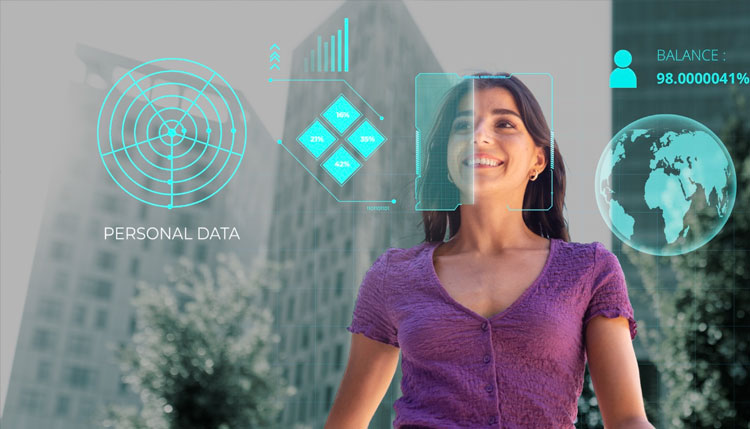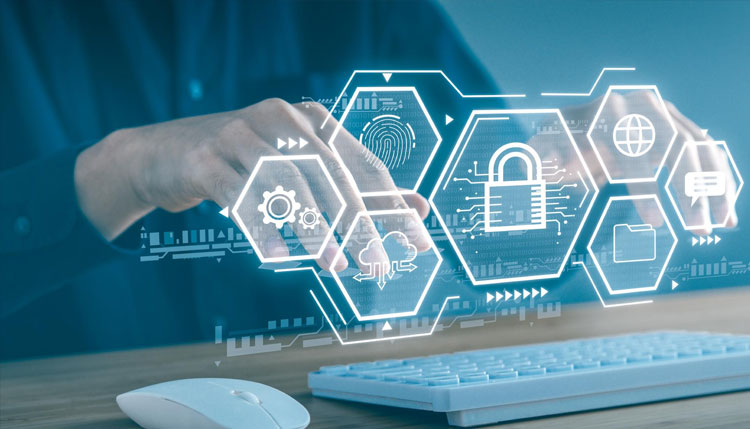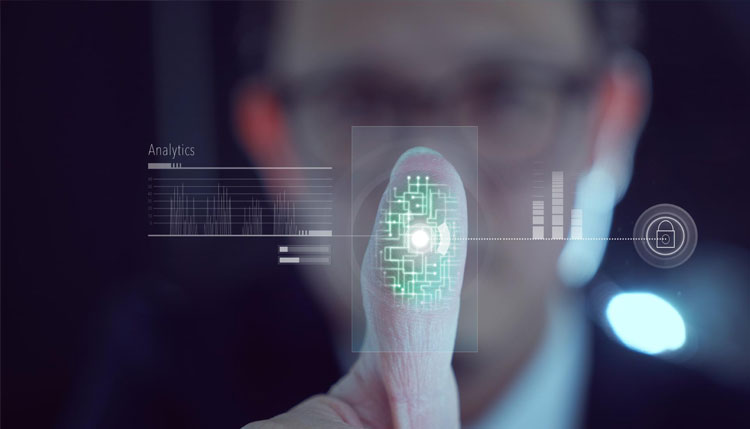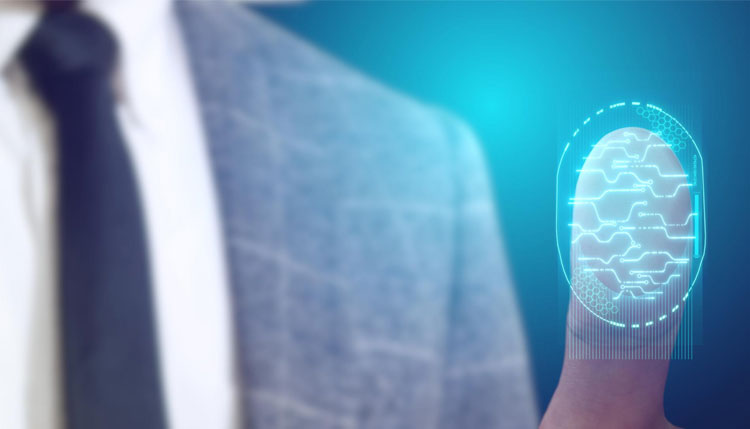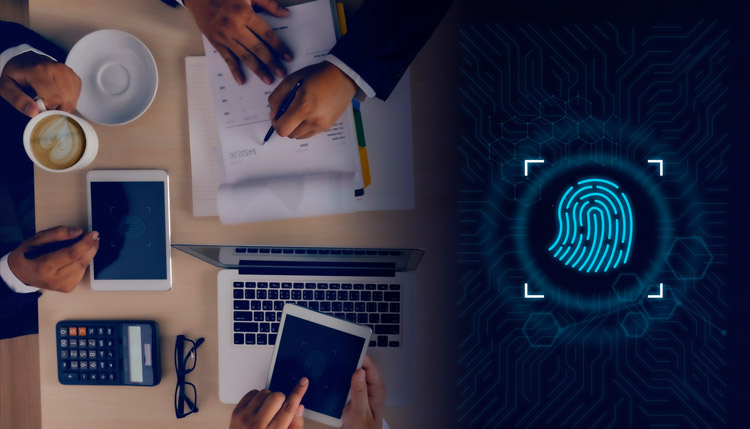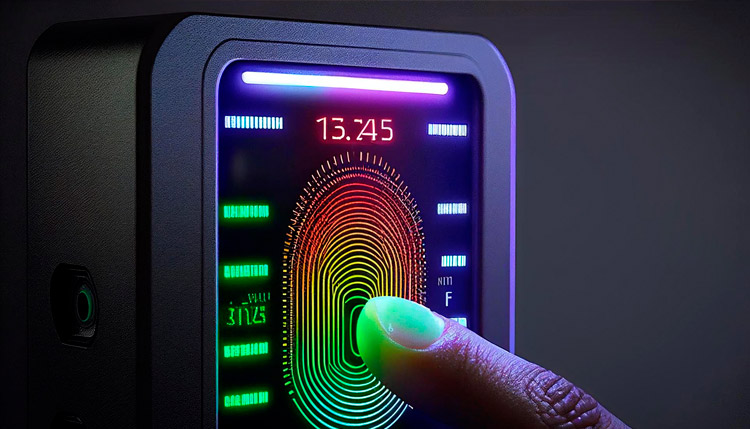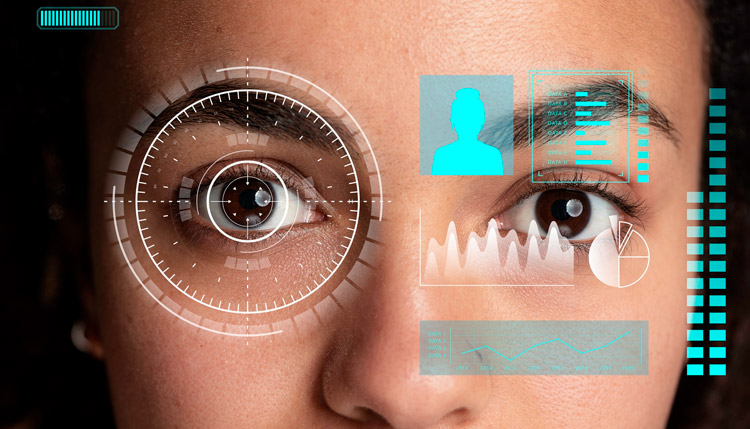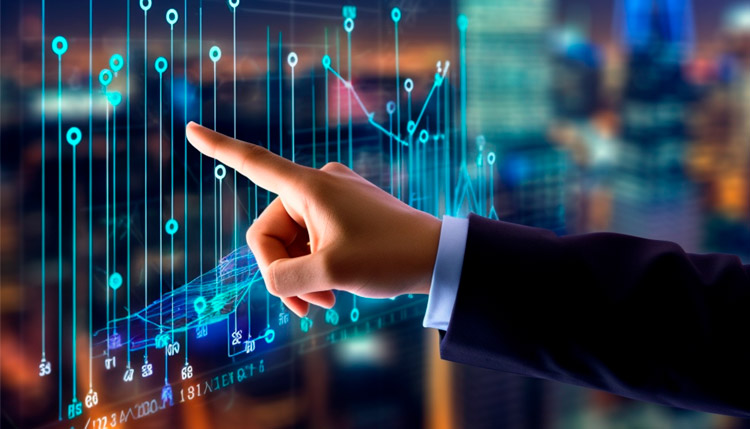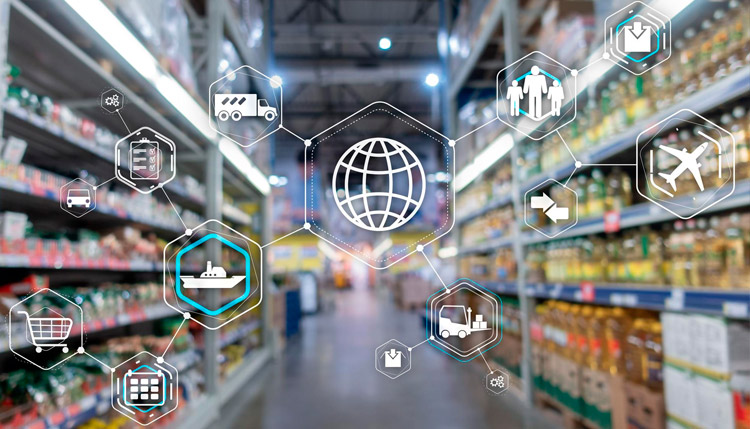
Applications of Biometrics in the Retail Industry
In today’s digital age, retail businesses are constantly exploring innovative ways to enhance customer experience, streamline operations, and tighten security. One such emerging technology playing a pivotal role in this transformation is biometrics. From authentication to personalized shopping experiences, the applications of biometrics in the retail industry are manifold and promising.
Point-of-Sale Security and Payment Authentication
Security at the point of sale (POS) terminals is of paramount importance to both retailers and consumers. Biometric systems, such as fingerprint recognition or facial scans, are being used to verify a customer’s identity during payment. This eliminates the need for PINs, passwords, or even physical credit cards, thereby reducing fraud and enhancing the speed of transactions.
Personalized Customer Experiences
Biometrics can help retailers understand their customers better. Imagine walking into a store, and through facial recognition technology, the system identifies you and immediately offers product recommendations based on your previous purchase history, preferences, and online browsing behaviour. Such personalization can significantly enhance the shopping experience, driving customer loyalty and potentially increasing sales.
Workforce Management
For retailers, managing a large workforce across various shifts and locations can be challenging. Biometric systems, especially fingerprint and facial recognition, can be used for time and attendance tracking. This ensures that employees are accurately logging their hours and reduces potential time theft or buddy-punching. It not only simplifies payroll processing but also holds employees accountable.
Loss Prevention and Store Security
Shoplifting and internal theft can significantly impact a retailer’s bottom line. With biometric security measures, stores can control access to high-value inventory areas. For instance, only authorized personnel with registered biometric data can access stock rooms, ensuring a higher level of security against theft. Additionally, integrating biometrics with CCTV systems can help in real-time threat detection and deter potential shoplifters.
Enhancing Customer Loyalty Programs
Loyalty programs are crucial for retaining customers, but they can be vulnerable to fraud. By integrating biometrics, retailers can ensure that the right customer avails the rewards or discounts, thus reducing the chances of loyalty points misuse. A simple fingerprint or face scan can allow customers to access their loyalty account, ensuring both convenience and security.
Self-checkout and Kiosk Interactions
Self-service kiosks and checkout counters are becoming popular in many retail stores, enhancing efficiency and reducing wait times. Biometrics can further streamline this process. Customers can quickly verify their identity using a biometric scan, making the checkout process smoother and more intuitive. It also minimizes the chances of age-restricted sales to underage individuals, especially in cases of alcohol or tobacco products.
Data Analytics and Customer Insights
Biometric data, combined with AI and machine learning, can provide invaluable insights into customer behaviour. For instance, analyzing eye movements can help retailers understand which products catch a customer’s attention or which sections of the store are most frequently visited. This information can guide strategic decisions about product placement, store layout, and marketing initiatives.
Health and Hygiene Compliance
Especially pertinent in the post-pandemic world, many stores and public spaces are looking to ensure that health and hygiene standards are maintained. Facial recognition can be paired with temperature scanning devices to quickly identify and alert if someone entering the premises has a fever. This not only reassures customers but also helps retailers maintain a safer shopping environment.
Conclusion
The fusion of biometrics with the retail sector is ushering in an era of enhanced security, personalized shopping experiences, and efficient store management. As technology continues to evolve, we can expect even more innovative applications that will shape the future of retail.
For retailers, the benefits are clear: improved customer trust, enhanced sales, and streamlined operations. For customers, it translates to a more secure, efficient, and personalized shopping experience. As with all technological advancements, it’s essential for the industry to adopt best practices to ensure the ethical use of biometrics, prioritizing user consent and data privacy. To implement biometrics for your retail company, you can bank on us. For more information, please visit www.trueid.in

